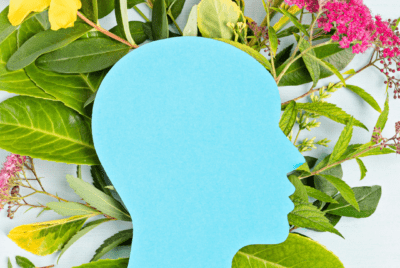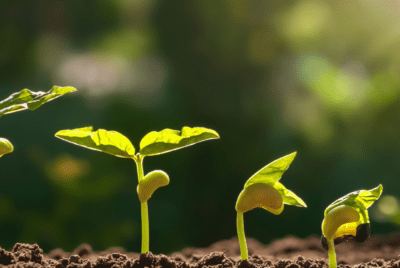RESEARCH
Exploring the Use of Therapeutic Horticulture to Enhance the Psychological Well-Being of Female Survivors of Childhood Sexual Abuse
Summary
Watkins et al. investigated the effectiveness of a 10-week therapeutic horticulture program in enhancing the psychological well-being of 26 female child survivors of sexual abuse in the Philippines. The research primarily used a qualitative approach, gathering data through written questionnaires administered mid-way and at the end of the program, where participants described their experiences. Complementing this, quantitative data was collected using the Brief Inventory of Thriving (BIT) and the Flourishing Scale (FS) at the beginning and end of the program to assess overall psychological well-being.
The therapeutic horticulture program included activities designed to build self-confidence, encourage positive socialization, and foster a connection with nature. Activities included growing pechay (bok choy), working with sensory plants, using aloe vera and cucumber for self-care, creating flower box crafts, healing teas, composting, and companion planting. Thematic analysis of the qualitative data revealed that participants valued learning about horticulture, cultivated positive social relationships, heightened their engagement with nature, and fostered positive psychological change. Paired t-tests on the BIT and FS scores indicated a statistically significant increase in the subject’s well-being after the program’s implementation.







